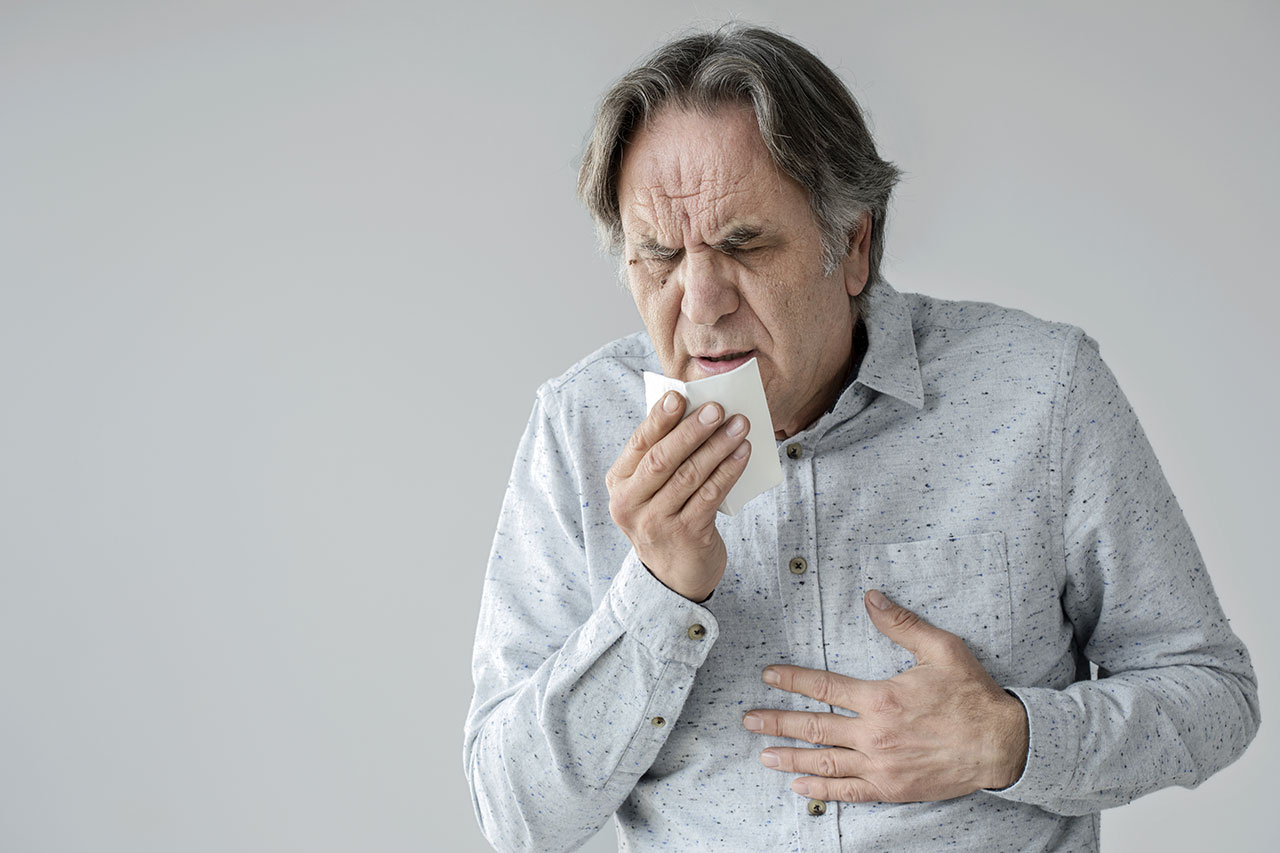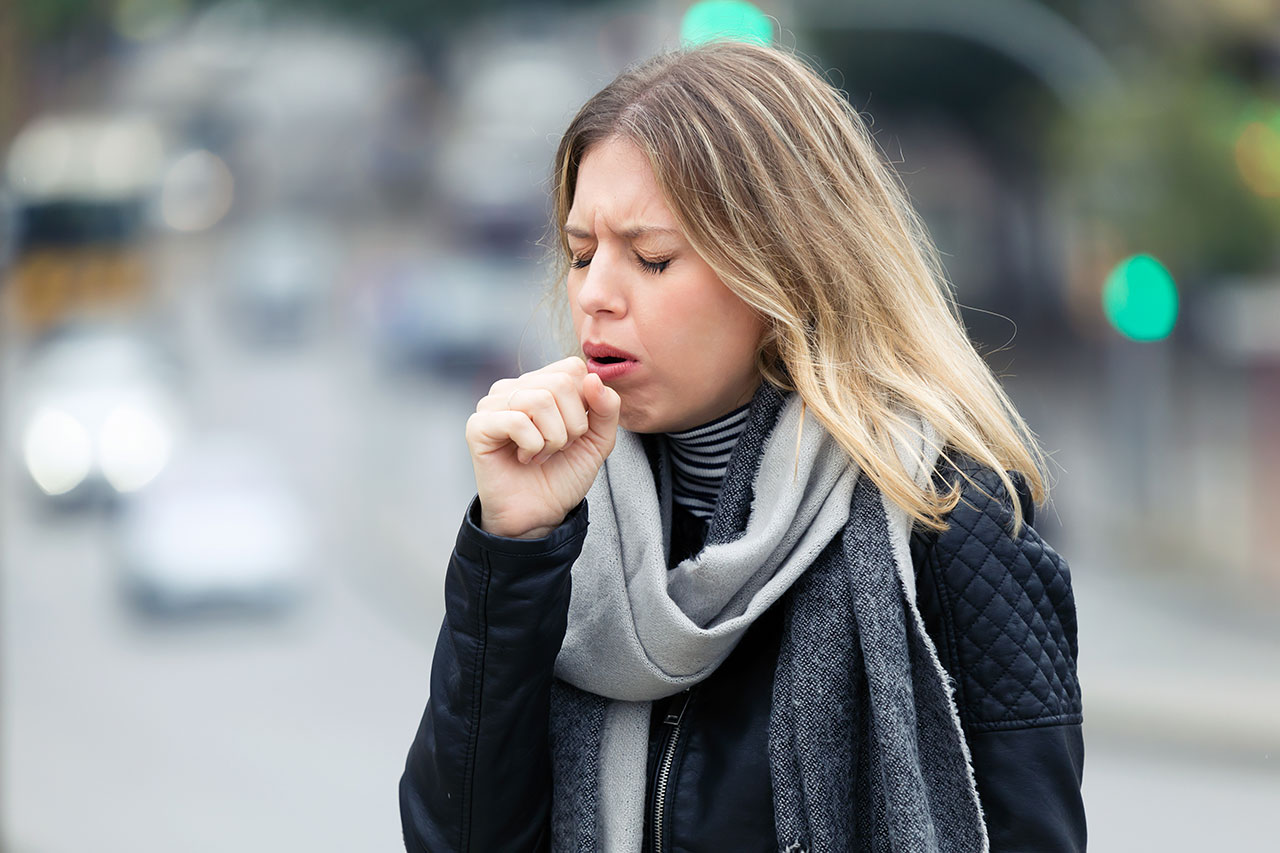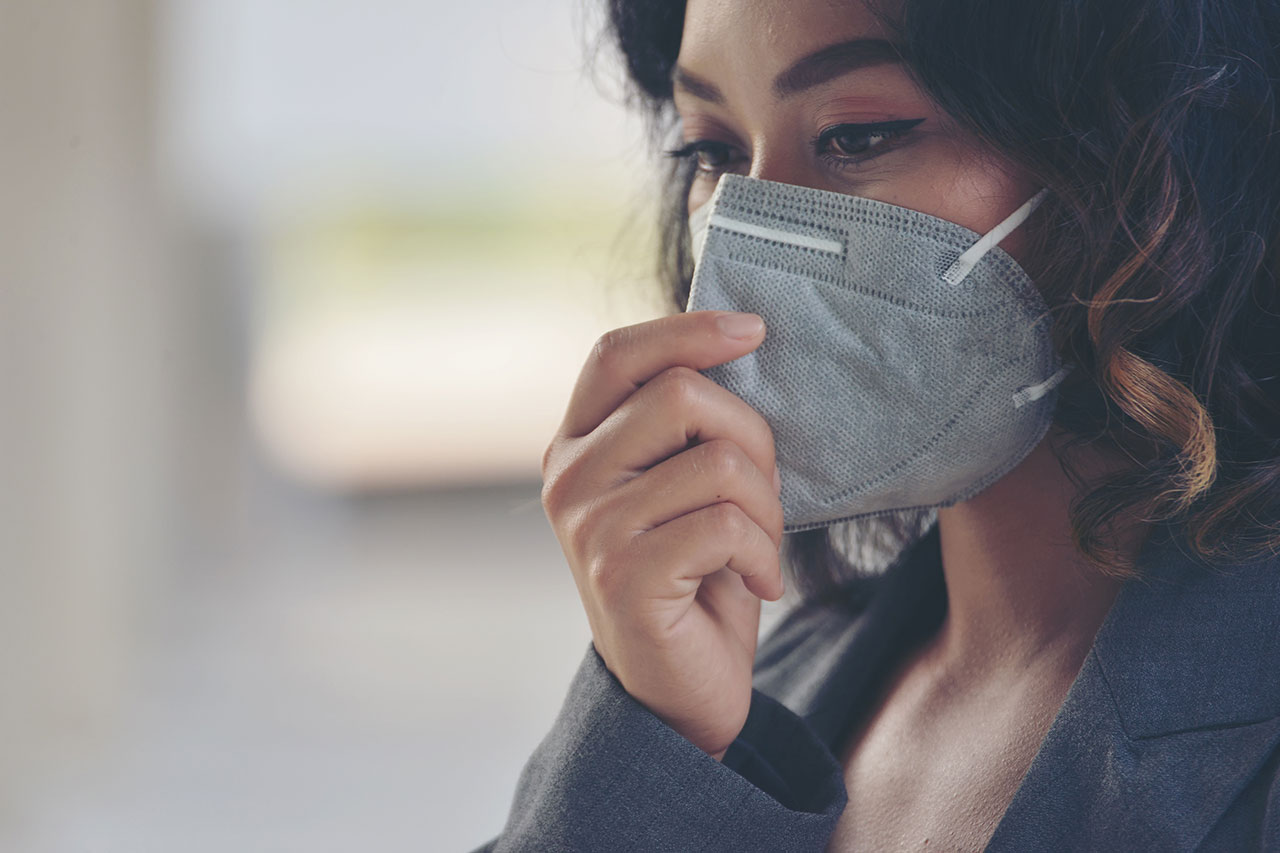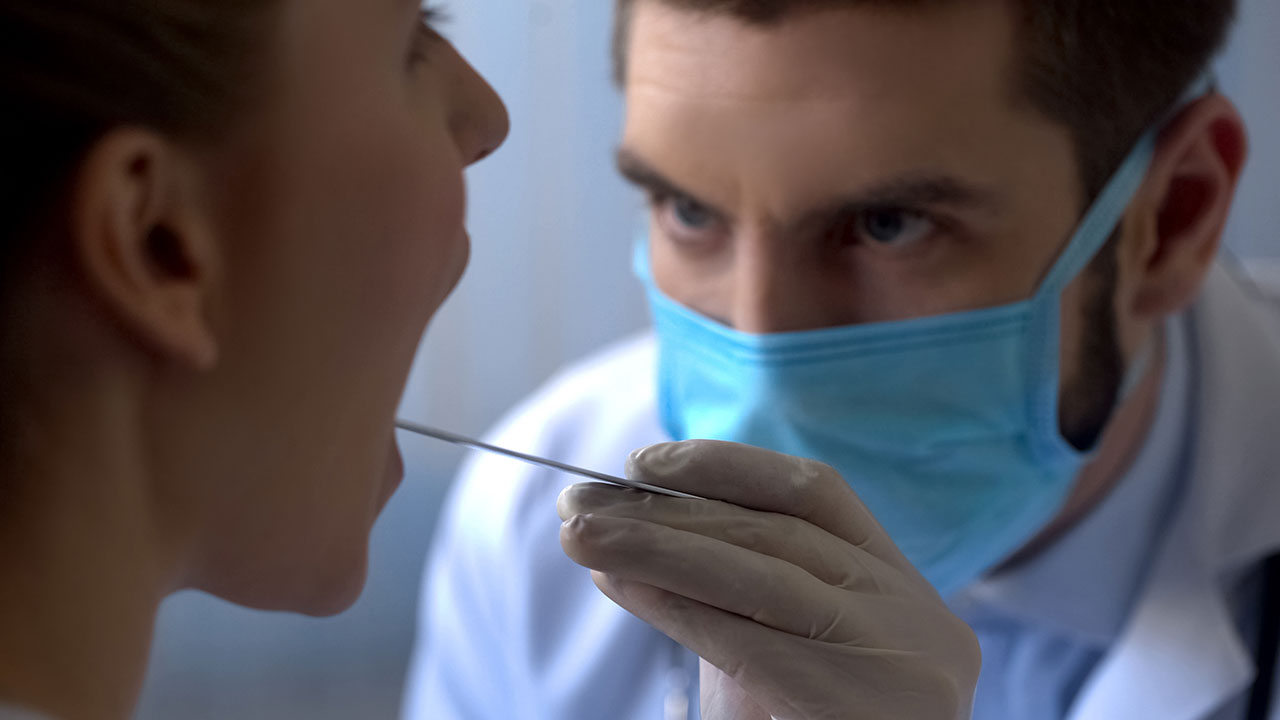I read a quote today that really stuck with me.
“Not all superheroes wear capes… but a whole dedicated bunch of them wear scrubs.”—unknown

The frontline of the “war of 2019-2020” is being waged in hospitals and emergency rooms all around our country. Rumors abound about the novel coronavirus, which has been named Covid-19. It’s important to have accurate, up-to-date information so that you can navigate this unprecedented situation. Never before in history has the entire world effectively and voluntarily shut down to the extent it has this year. Yet nothing in history has killed more people than infectious disease. That the world was not prepared for this new virus has become evident, even though scientists across the globe knew we were due for a pandemic.
White papers and articles predicting just this scenario have increased in the last 15 years. That the next pandemic would be a novel coronavirus that would affect the respiratory system was pretty much a given. In 2018, the Department of Health and Human Services executed “Crimson Contagion,”1 the code name for a pandemic exercise that imagined an influenza pandemic that started in China and spread quickly throughout the world. Prophecy? Perhaps. But we knew it was only a matter of time.
This ancient, familiar enemy has simply been biding its time. Nothing in all human history has been more effective mass killers than the viruses, bacteria, and parasites that bring diseases. Even war is less deadly. And the reason is that epidemics use their victims as hosts to kill more people, often before we’re even aware we are sick.
Will Covid-19 die down during the hot summer months?

Many viruses show “marked winter seasonality”2 that slows the disease’s ability to survive in warmer temperatures. Influenza—types A and B—infected an estimated 35.5 million people in the United States, with approximately 34,200 cases resulting in death. That was from October through February (when the pathogen began to die off itself). Will Covid-19 stop when summer gets here?
At this point, we simply don’t know. Scientists are cautious about it, and they are right to be. We have no track record with Covid-19 (officially named SARS-CoV-2), so the best we can do is compare it with other, similar viruses and then make an estimated guess. The Centre for Infectious Diseases at the University of Edinburgh, UK, did a study by Kate Templeton3 a decade ago to compare coronaviruses. All of the patients in the study were hospitalized with respiratory tract infections. Three of the coronaviruses showed marked winter seasonality. A fourth coronavirus was less subject to temperatures. It was mostly found in patients with underlying health conditions that compromised their immune systems.
At this point, we really have to wait and see.
Who is at greatest risk for Covid-19?

According to the Centers for Disease Control and Prevention (CDC), the people most at risk for contracting the disease are older adults and people of any age who have serious underlying medical conditions.4 But that doesn’t mean other groups of people won’t get the illness. Anyone who comes in contact with another person who carried Covid-19—even without showing symptoms—is at risk of getting the virus.
How is Covid-19 spread?

If the disease were spread only one way, it could be much more easily contained. However, we are finding new information about the coronavirus every day. Here’s what we know so far.5
Mainly person-to-person spread
- Those who come in close contact (within about 6 feet)
- Through respiratory droplets from coughs, sneezes, or even just talking
- Droplets from infected people can land in the mouths or noses of others who are nearby, then possibly inhaled into the lungs.
- Can spread even when symptoms are not present.
From contact with contaminated surfaces or objects
- Touching your face (mouth, nose, or possibly eyes) after touching a surface or object that someone with Covid-19 has handled
- Cleaning routinely touched surfaces may help reduce this method of spreading the disease
- It is now believed that Covid-19 can spread from shoes
How easily does it spread?
- Covid-19 is easily spread and sustainable (this means it goes from person to person without stopping)
- It spreads more efficiently than influenza but not as efficiently as measles
How can you protect yourself against Covid-19?

- Wash your hands often with soap and water for at least 20 seconds each time, especially if you have been in a public place or in close contact to any other person (even if they are not showing symptoms of Covid-19)
- Keep your unwashed hands away from your face
- Cover coughs and sneezes with a tissue and then throw the tissue in the trash
- If soap and water are not available, use a hand-sanitizer that contains at least 60% alcohol
- Stay at home as much as possible and avoid contact with people other than those who live with you especially if they are sick
- Stay at least 6’ away from other people and wear a cloth mask when there is the possibility that you will encounter others
- The mask is meant to prevent you from spreading the disease since you can carry it even if you are asymptomatic.
- Clean and disinfect frequently touched surfaces with cleaners approved for disinfection of hard-to-kill viruses. (For a list of these approved cleaners, please visit https://www.epa.gov/pesticide-registration/list-n-disinfectants-use-against-sars-cov-2)
Texas Executive Orders and Public Health Disaster Declaration (as of March 31, 2020)6

On March 31, 2020, Gov. Abbott issued an Executive Order implementing Essential Services and Activities Protocols for the entire state of Texas. The protocols renew the Governor’s directive to avoid eating or drinking inside bars, restaurants, and food courts, although use of drive-thru, pickup, and delivery is highly encouraged. The order prohibits visiting gyms or massage establishments, and expands to include tattoo studios, piercing studios, and cosmetology salons. It also extends social distancing measures to April 30, 2020, and schools will remain closed to in-person classroom attendance through May 4, 2020.
Check the https://dshs.texas.gov/coronavirus/execorders.aspx site often for updates.
COVID-19 Antibody Testing at America’s ER.

We are currently seeking 100 patients with positive COVID-19 test results for this validation study:
America’s ER has acquired an Emergency Use Authorization (EUA) COVID-19 blood antibody test and is now validating the accuracy of this kit prior to making the test available to the general public. This antibody test will indicate if you have been exposed to COVID-19 and if your body has produced antibodies against the virus. This test does not provide you with immunity to COVID-19.
If you have tested positive for COVID-19 from a PCR test and have received written confirmation from a commercial lab such as LabCorp or Quest, the CDC, or your local public health office, you may qualify to apply for a free COVID-19 antibody test.
If you qualify, please send an email to: covid19@americaser.com and provide your name, the date you took your test, where you took your test, and a copy of your test results. Upon review, one of our team-members will contact you and provide you with a unique identifier to obtain your free test and instructions on when and where to be tested.

Footnotes
[1] “Covid-19: The History of Pandemics.” BBC Future, BBC, 26 Mar. 2020
[2] “Will Warm Weather Really Kill off Covid-19?” BBC Future, BBC, 24 Mar. 2020.
[3] “Dr Kate Templeton.” The University of Edinburgh, 19 Mar. 1970.
[4] “People Who Are at Higher Risk for Severe Illness.” Centers for Disease Control and Prevention, 2 Apr. 2020.
[5] “How Coronavirus Spreads.” Centers for Disease Control and Prevention, 2 Apr. 2020.
[6] “Texas Executive Orders & Public Health Disaster Declaration.” Texas Department of State Health Services.

